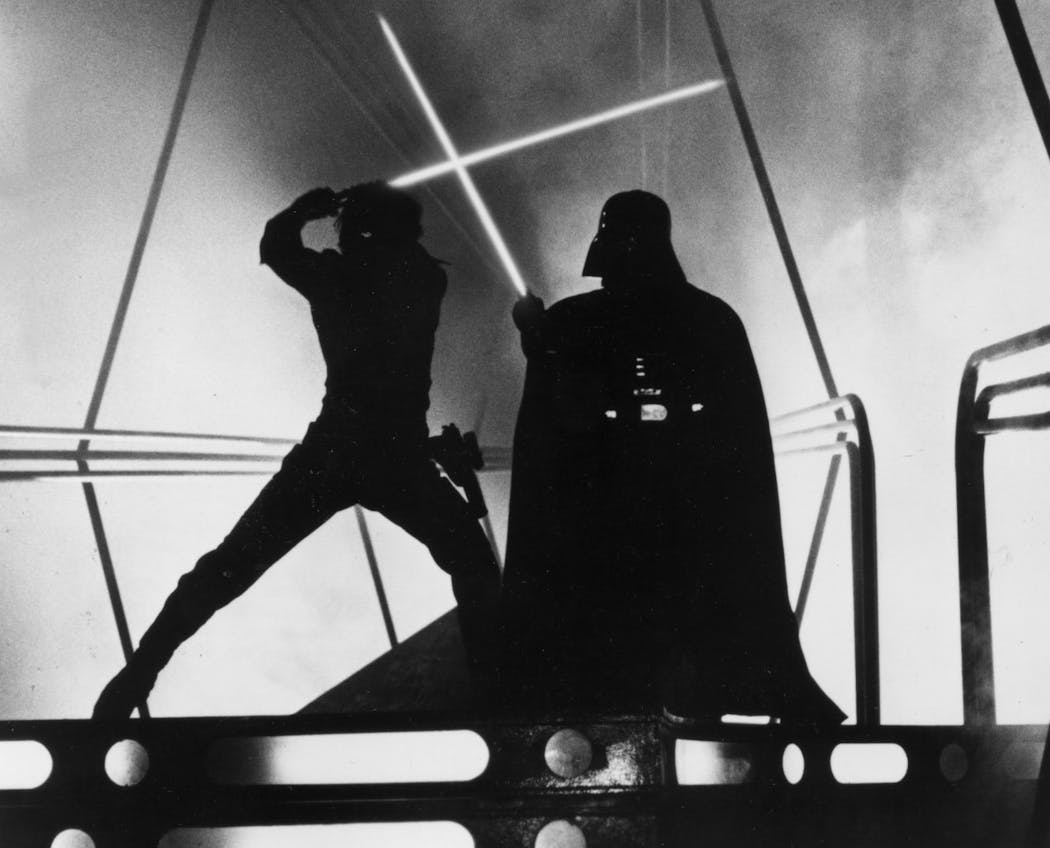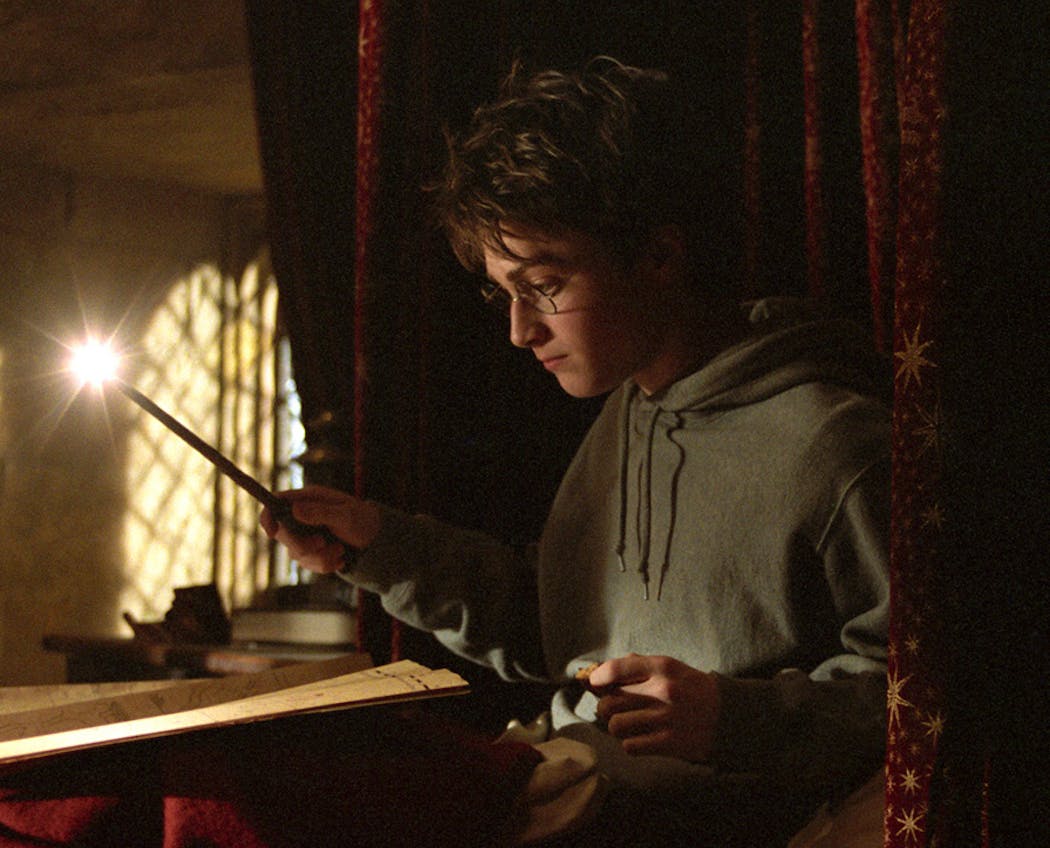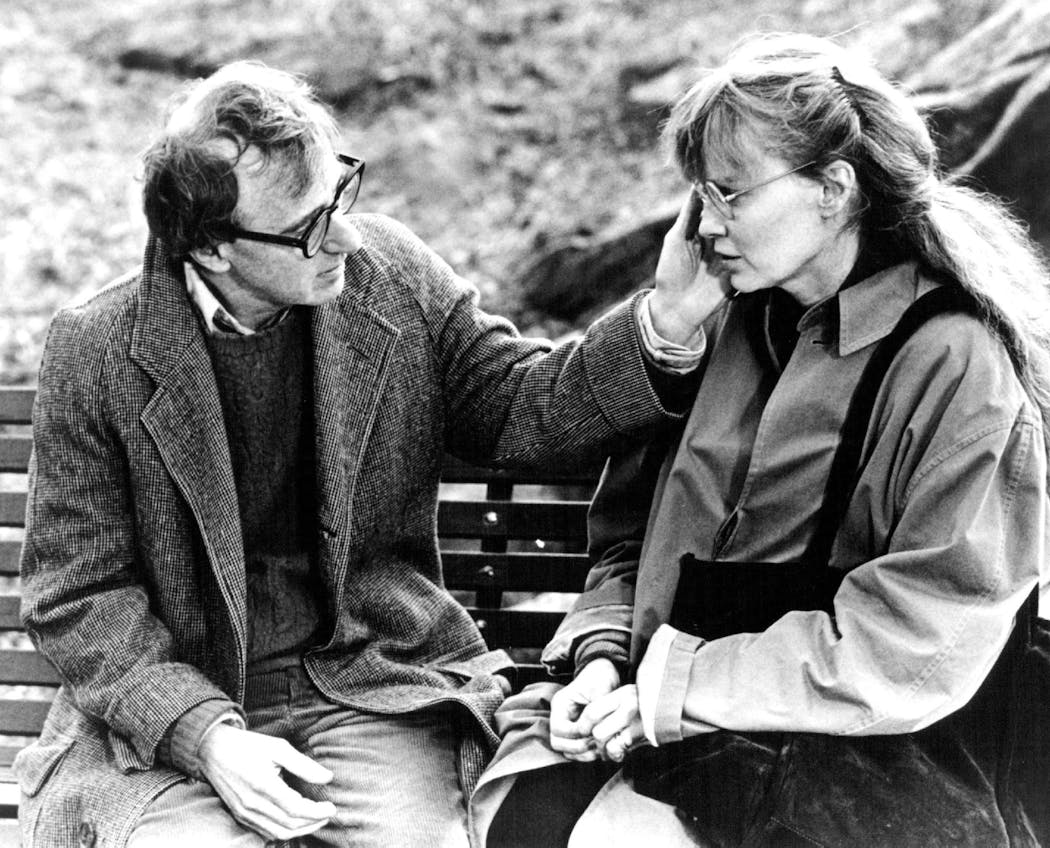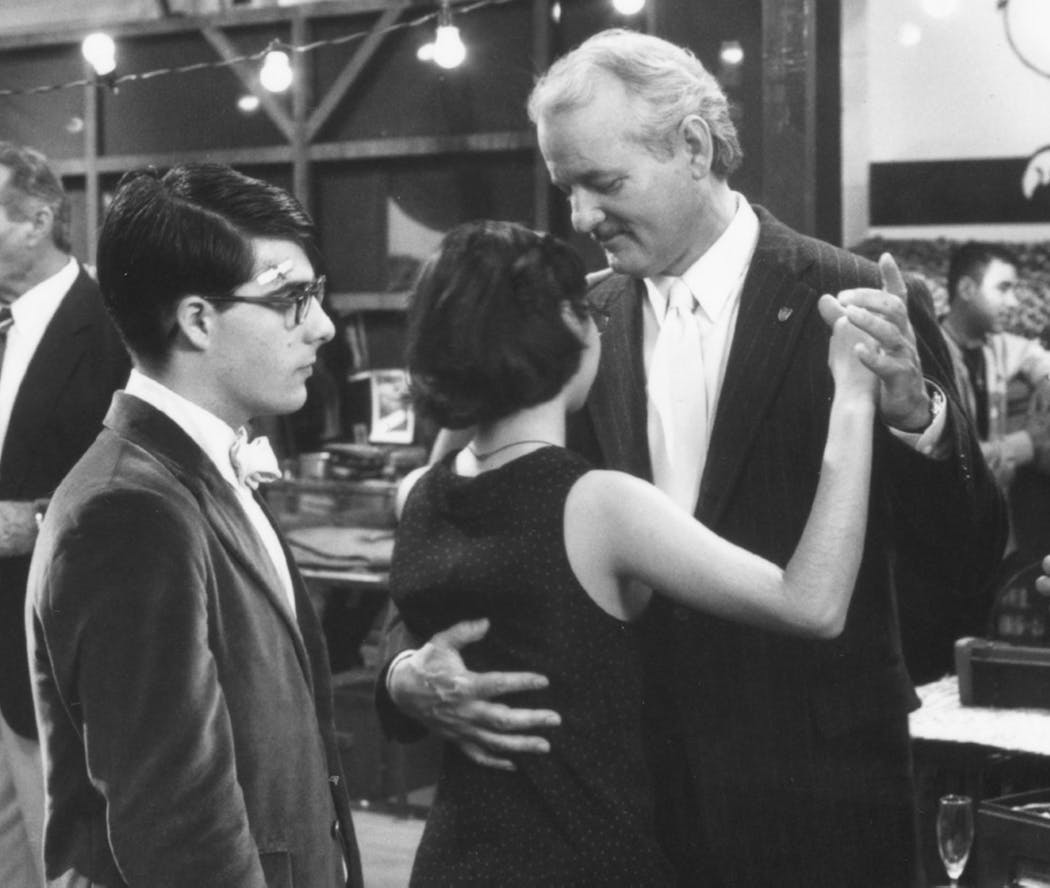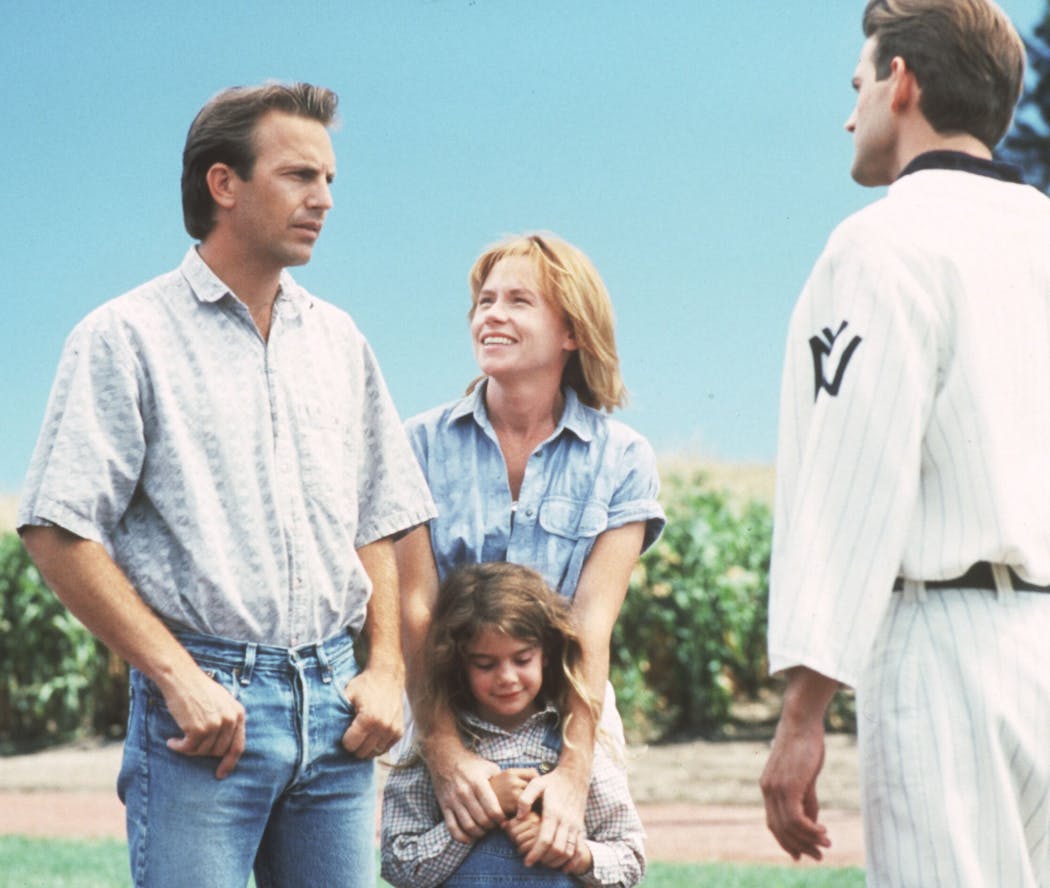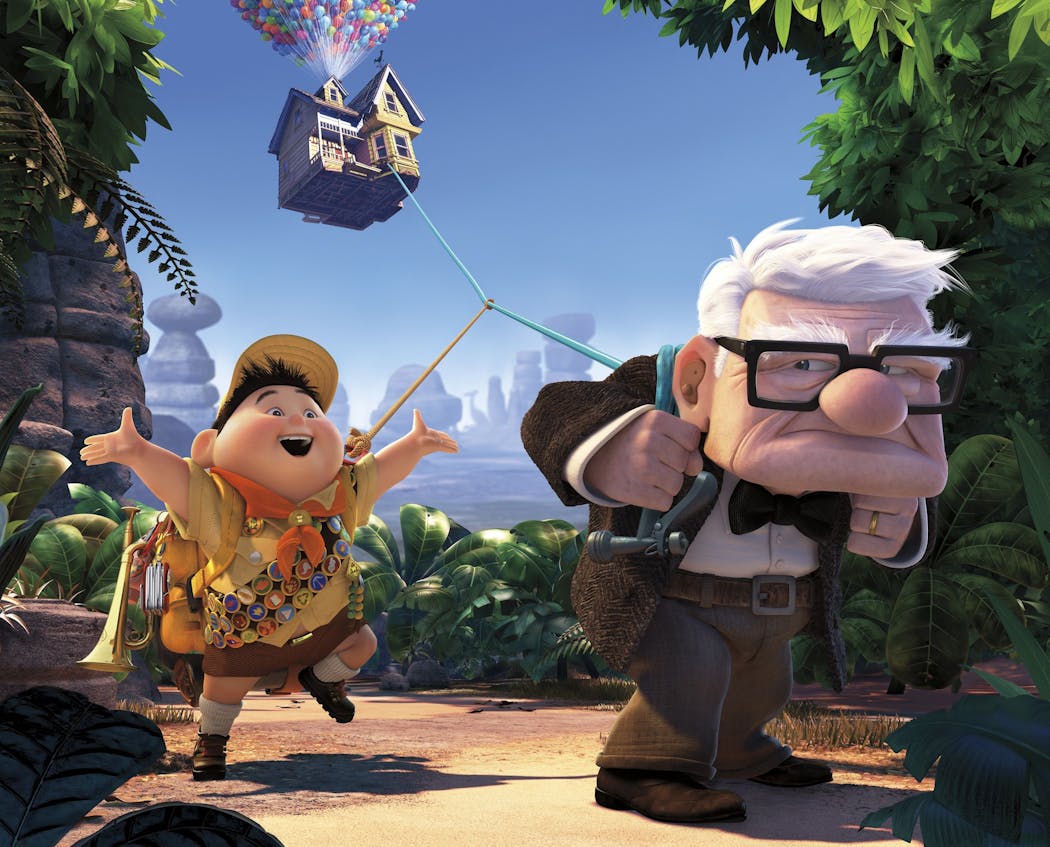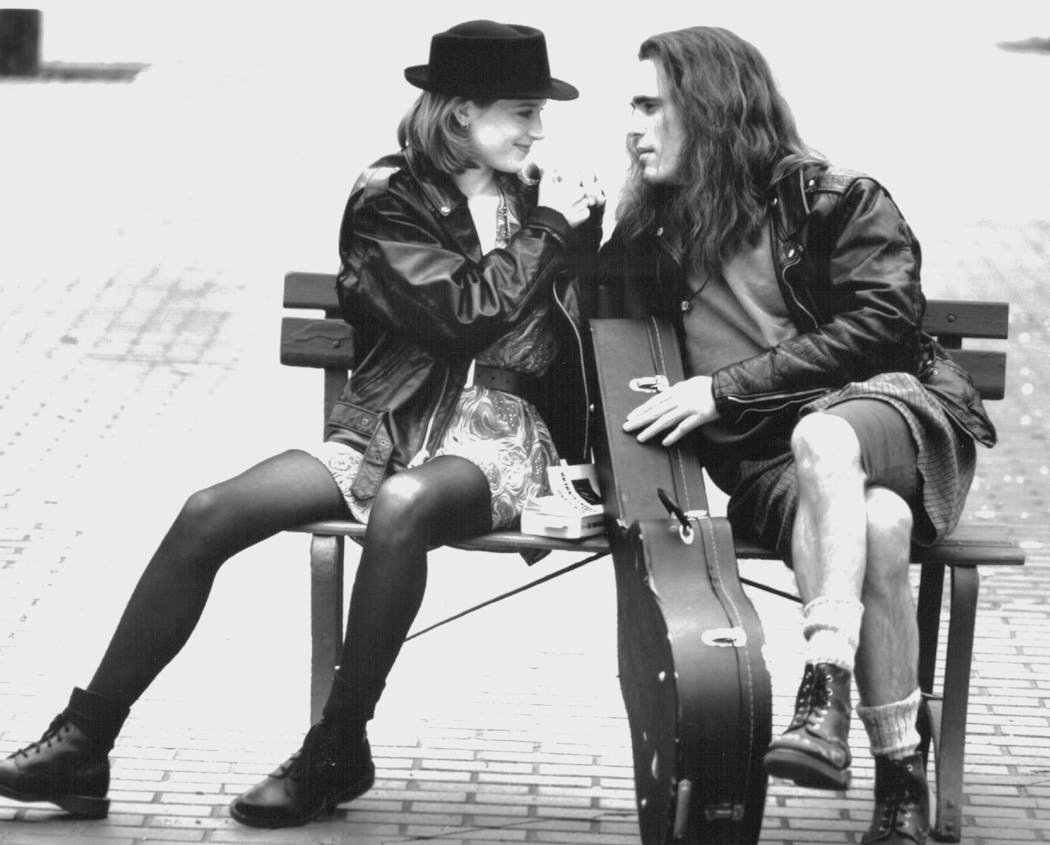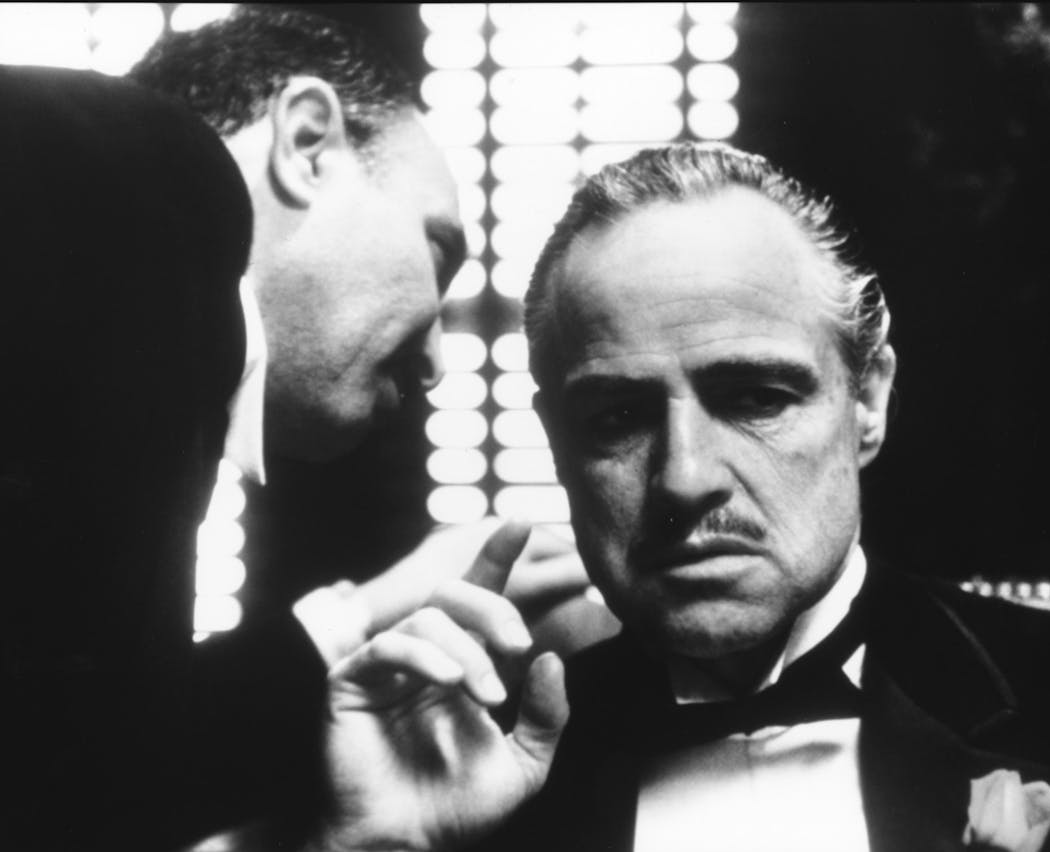A great film score can hit you over the head, punch you in the gut or creep up on you, inching up your neck. Sometimes, the score makes the scene. Think of the bicycle flying through the sky in "E.T. the Extra-Terrestrial," John Williams' music so integral to the moment that Steven Spielberg cut the film to fit the orchestra track. Or Adam Sandler tap dancing, to spastic rhythms, in the supermarket aisle in "Punch-Drunk Love."
This week the Minnesota Orchestra launches a new season of movie-music pairings with its live performance of "Harry Potter and the Prisoner of Azkaban." (Which, it so happens, is one of conductor Sarah Hicks' favorite scores. Read on.) Across the nation, orchestras are luring new listeners with live renditions of classic and popular movie scores. Sales of live music and film concerts have skyrocketed thanks to the ever-expanding set of movie titles available to orchestras, a Minnesota Orchestra spokeswoman said. "Harry Potter" films sell out each year.
It got us thinking: Where can a music-loving viewer discover even more great soundtracks? And what are the undercelebrated triumphs in nearly 100 years of musical movie moments? We posed these questions to eight talented Minnesotans representing the worlds of music, movies and theater. Their answers have been edited for length.
Priti Gandhi
Chief artistic officer, Minnesota Opera
Her pick: The original "Star Wars" trilogy (1977-83) by John Williams
Why it's a favorite: "Though I saw it before I knew I would enter the world of opera, I was struck by the operatic scope and modern mythology. The subject of mythology is very personal and deep in my culture — Hindu traditions are largely based on the storytelling in our texts, and I find them to be comforting in how I relate to the world. I know that 'Return of the Jedi' isn't high on some people's favorite in the trilogy, but the music in the Battle of Endor always made me smile. It's whimsical and chaotic, and I loved how it encompassed all the crazy sequences just perfectly."
Sarah Hicks
Principal conductor of Live at Orchestra Hall
Her pick: "Harry Potter and the Prisoner of Azkaban" (2004) by John Williams
Why it's a favorite: " 'Azkaban' has always been one of my favorite Williams scores, and I remember how different this film felt from the first two. It's of a definitely darker bent — to me it's where Harry begins his transition out of childhood to a more difficult adult reality — and the music is instrumental in deftly creating an atmosphere that can hold both a sense of wonder and foreboding. Williams conjures up a whole world with this score, and to me that's a kind of wizardry in itself!"
Kyu-Young Kim
Artistic director/principal violin, St. Paul Chamber Orchestra
His pick: "Crimes and Misdemeanors" (1989)
Why it's a favorite: "I love the way Woody Allen uses the music of Schubert in his 1989 classic. He doesn't use much, just the opening moments of Schubert's dramatic G Major String Quartet, but it's the perfect choice for the murder scene. Schubert constantly goes back and forth between major and minor chords, in a kind of epic battle of forces of good and evil. For long stretches before this scene in the movie, there's almost no music at all, which makes it even more dramatic when the inner dilemma of the doctor about to turn murderer actually becomes a complete turn to darkness."
Grant Meachum
Director of Live at Orchestra Hall
His pick: "Rushmore" (1998)
Why it's a favorite: "I'll cheat a little because my favorite is a combo score and soundtrack, with original compositions by Mark Mothersbaugh and British Invasion pop tunes. It's a series of pre-existing songs and compositions that nevertheless make perfect sense accompanying an original drama. The absolute melancholy of the montage set to the Rolling Stones' 'I Am Waiting' is brilliant; the viewer abjectly feels the pain and loss of every character expressed through the music."
Charlie McCarron
Composer
His pick: "Field of Dreams" (1989) by James Horner
Why it's a favorite: "One of my favorite scenes is when Kevin Costner kidnaps James Earl Jones to bring him to a baseball game, and they receive a supernatural message from the scoreboard. There's a piano theme in the next scene that's forever etched in my brain. It's a simple minor melody, but for me it carries a mysterious pathos that I haven't heard in any film score since. ... The music is essential to the plot, because it acts kind of like a magical extra character. When I try to imagine 'Field of Dreams' without the score, I think the best-case scenario is that it turns into a dry comedy. And worst-case scenario is that it makes no sense whatsoever."
Lynne Warfel
Music host and producer, Classical MPR
Her pick: "Up" (2009) by Michael Giacchino
Why it's a favorite: "On the first viewing (with my adult kids), I didn't even recognize the Giacchino score. It sounded like music from an Italian comedy in the 1960s. A Fellini film. The most memorable moment in the score/film? It was that opening 10-minute sequence, completely without dialogue, that takes us through the lovely and heartbreaking back story of Ellie and Carl. Giacchino's music follows their love story from childhood, as newly married young people, through the loss of a baby, to the ultimate, final loss. We were all weeping (including my adult kids), and it was only the beginning of the film. What makes Giacchino's music so special is that I never recognize it as Giacchino. He defies categorization."
Kate Nordstrum
Curator, Liquid Music series, St. Paul Chamber Orchestra
Her pick: "Singles" (1992)
Why it's a favorite: " 'Singles' came out when I was at a very impressionable age. It felt true to the era, and it made me excited for my adult life. The music, fashion and the energy of Seattle in the '90s were all in accord, and the film channels the overall ethos well. The overarching sentiment that has stuck with me is the romance of chance encounters and missed connections that feels too long ago. The film reminds me of my technology-less formative years, for which I'll always be grateful. Grunge had arrived and it was cool — now it is nostalgia-inducing. I wouldn't even say I loved the songs individually ... but they worked together perfectly for the film."
Victor Zupanc
Resident music director/composer, Children's Theatre Company
His pick: "The Godfather" (1972) by Nino Rota
Why it's a favorite: "There was an absolutely brilliant use of music during the baptism of Michael Corleone's godson. This solo organ music played nonstop for several minutes as the film cut back and forth between the solemn baptism service and, in another location, the assassins preparing for a massive kill. It was a brilliant juxtaposition of cohesiveness and, at the same time, counterpoint. Most memorable were the uses of silence as the organ music stopped at exactly the right moments to create a sizzling tension. It was beautiful writing by Rota."

